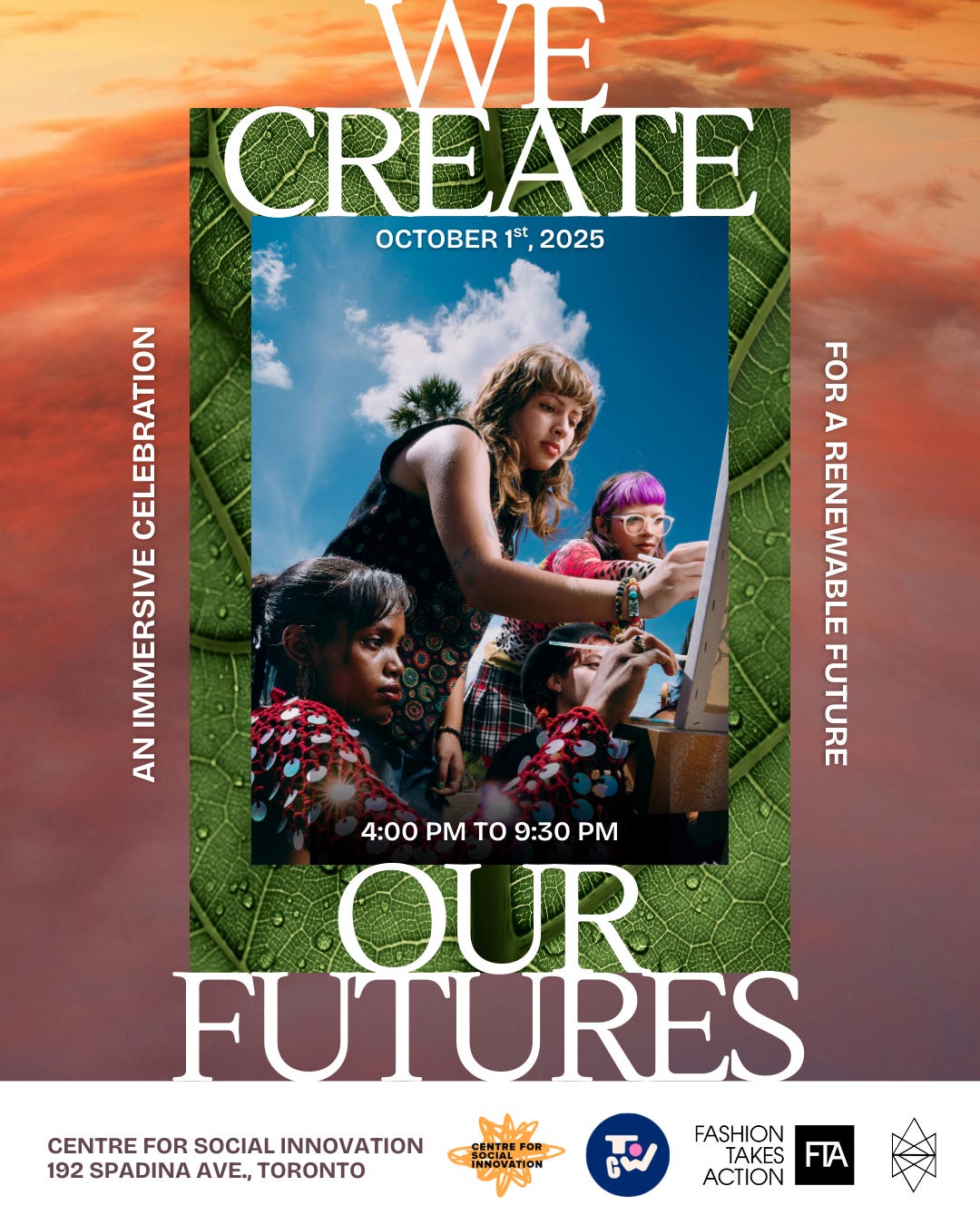"I want to be remembered as one who tried."
On the value of stubborn hope
I’d be lying if I said the state of the world hasn’t been getting to me lately.
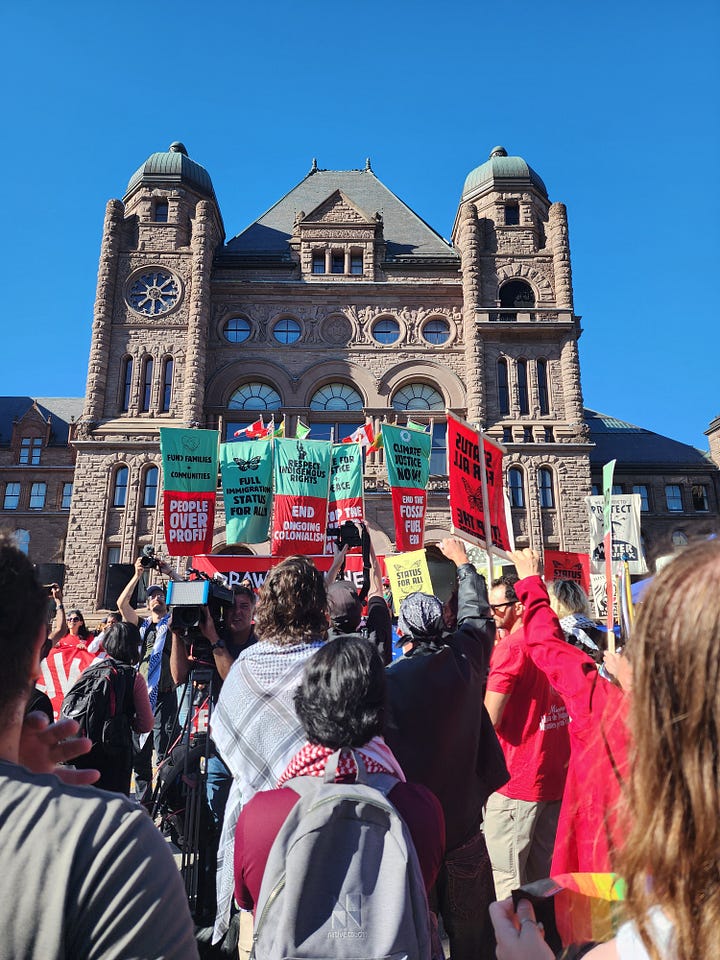
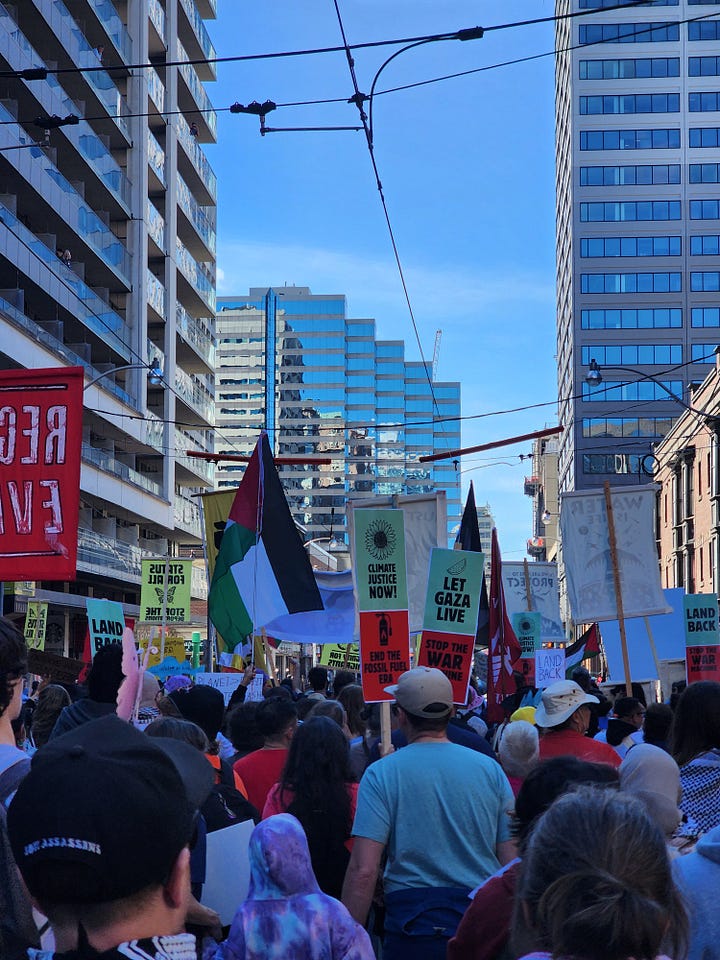
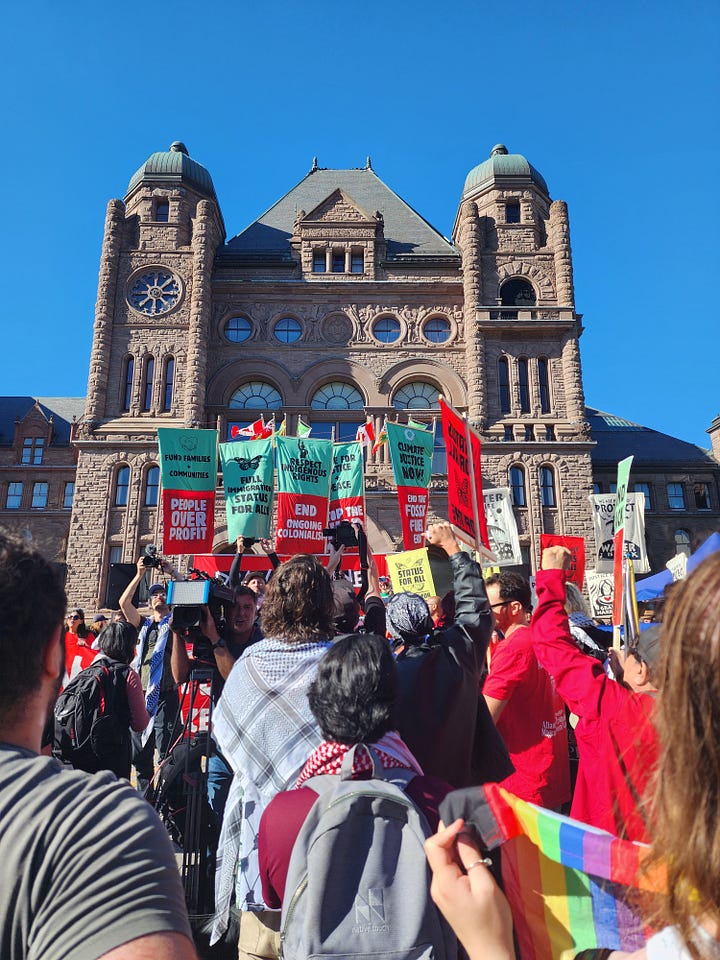
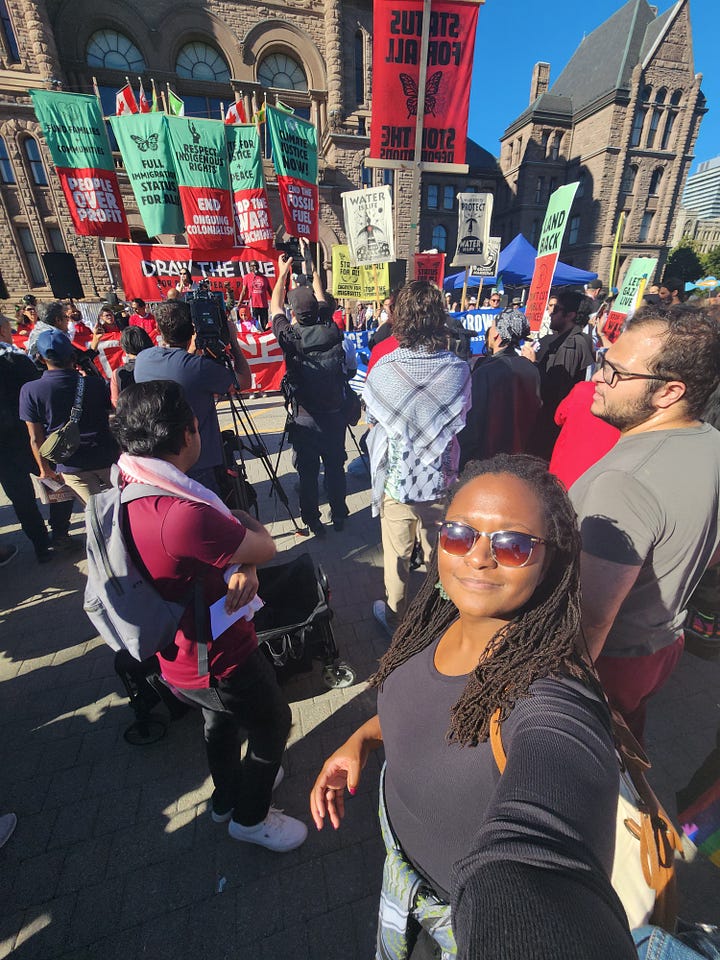
The pressure is mounting.
This moment feels even more dire and unprecedented than the events of the last 5+ years.
At the end of a summer of record heat waves and wildfires, broken environmental promises by the new Canadian government, a descent into full blown fascism in the US, and ongoing genocides in Palestine, Congo, Sudan, Tigray…
It’s not a stretch to say that we are all overwhelmed, already stretched thin, already in personal crises of different shades.
Despair is easy.
But then my lungs fill up again, and I realize I was holding my breath.
In a quiet moment, I feel my heart beating.
I get caught off guard with something that makes me laugh (truly the best medicine).
Then I remember the future.
One where we’ve reconnected with Nature.
One where we’ve reconciled for past atrocities, made good on transformative justice.
One where we take care of each other in economies rooted in wellbeing.
One where technology is focused on easing life for all, not amassing wealth for a few.
One where we all have time to rest, play, connect, serve.
One where we did all we could to mitigate disaster, and invested in resilience.
These visions of a better world keep me going, in hopes that we can make at least some part of it happen.
Because hope is natural—not automatic or even easy—but in our nature.
How do we tap into that hope when we’re overwhelmed by the imaginations of those in power?
Doing something.
It is effort that transmutes fear into defiant hope—not a feeling, but hope as a practice, a discipline.
As Dorothy Height said,
“I want to be remembered as one who tried.”
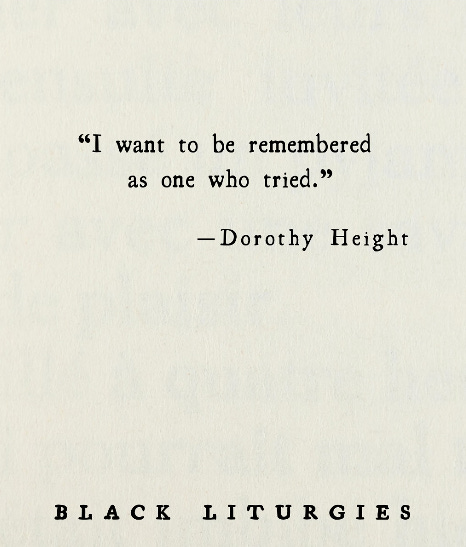
Because it is only the effort of a small few that has changed the world from epoch to epoch.
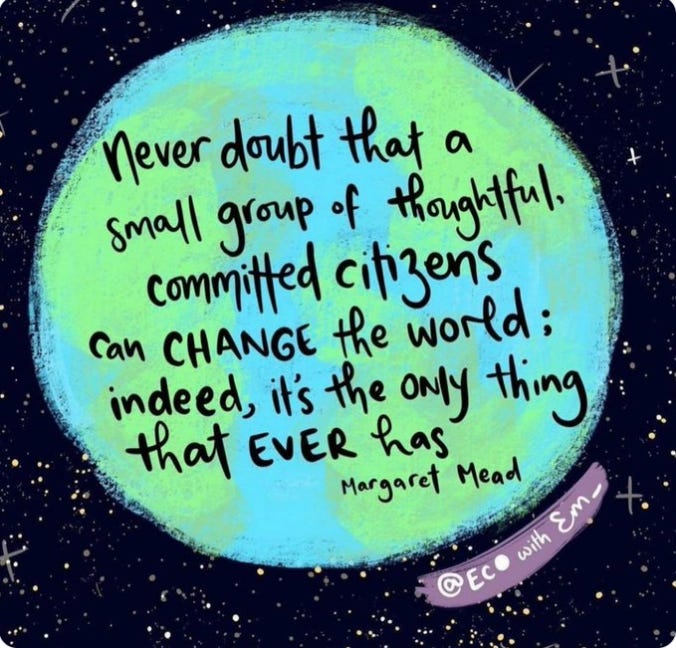
The 3.5% Rule
Research has shown that civil resistance by ordinary people is the most powerful way to shape world politics. And it only takes around 3.5% of the population to engage in resistance to ensure real change.
That means that while our number may be small, it is significant.
All we need is 3.5%.
All we need is community.
And it’s also true that the effort is an end in itself.
Old systems are thrashing around on their way out and we want to compost them, make soil for the new. And our effort is essential to making that change.
But tying our idea of “success” to some predefined outcome would also be an exercise in futility.
As Cole Arthur Riley (Black Liturgies) puts it:
Our resistance is not predicated on how likely it will be to alter the conscience of the oppressor.
We resist to retain our own conscience. And to awaken all others who are still in possession of their own souls.
By trying we stay true ourselves.
Like the sole individuals who have been showing up every day in protest of the many atrocities of the day, we take action to live in integrity. To be able to look back without shame.
It reminds me of a late night conversation I had with my cohort in grad school (i.e. ecological economics nerds). Someone posed the question:
“What if we fail?”
What it if after all this effort and strife, we fail to change the world? Would you stay on your current path?
For some of us, this was easier to answer than others, and opened up some lively debate.
I remember agreeing with the side that said yes, we would continue even if we knew we would fail. I don’t recall the details of my argument at the time, but I know that today the answer is still yes for me now.
Yes, because I refuse to sacrifice my own humanity in the face of fear.
Yes, because I know that the future is never a single story or outcome.
Yes, because even if we end up in the apocalypse that dominates our mainstream narratives, I don’t want to let that outside reality change my inside world—my heart, my soul, my appetite for justice.
Yes, because I want to be remembered as one who tried.
Showing up to last weekend’s Draw the Line march was one meaningful step for me to transmute the fear and helplessness into a powerful reinvigoration of my hope. To be moving in community and raising our voices—that was medicine.
(As is returning finally to this newsletter.)
Happy Autumn!
Let’s continue hold on to each other’s humanity.
P.S. Thank you so much to everyone who engaged in the World Without Internet Simulation. I was so inspired by the weekly scenario responses and the debrief session we held virtually to process the experience.
That session in fact inspired me to explore running a cli-fi prototyping workshop focused on what tools and tech we would need if we were given the opportunity rebuild the internet in the image of our values.
I’m going to be testing this out at next week’s We Create Our Futures festival as part of the first ever Toronto Climate Week.
If you’re in Toronto, come explore in our Analog Futures Lab, and check out the rest of the festival on the evening of October 1st at CSI Spadina. Use my code “ANALOG” for a sweet discount on your ticket :)


